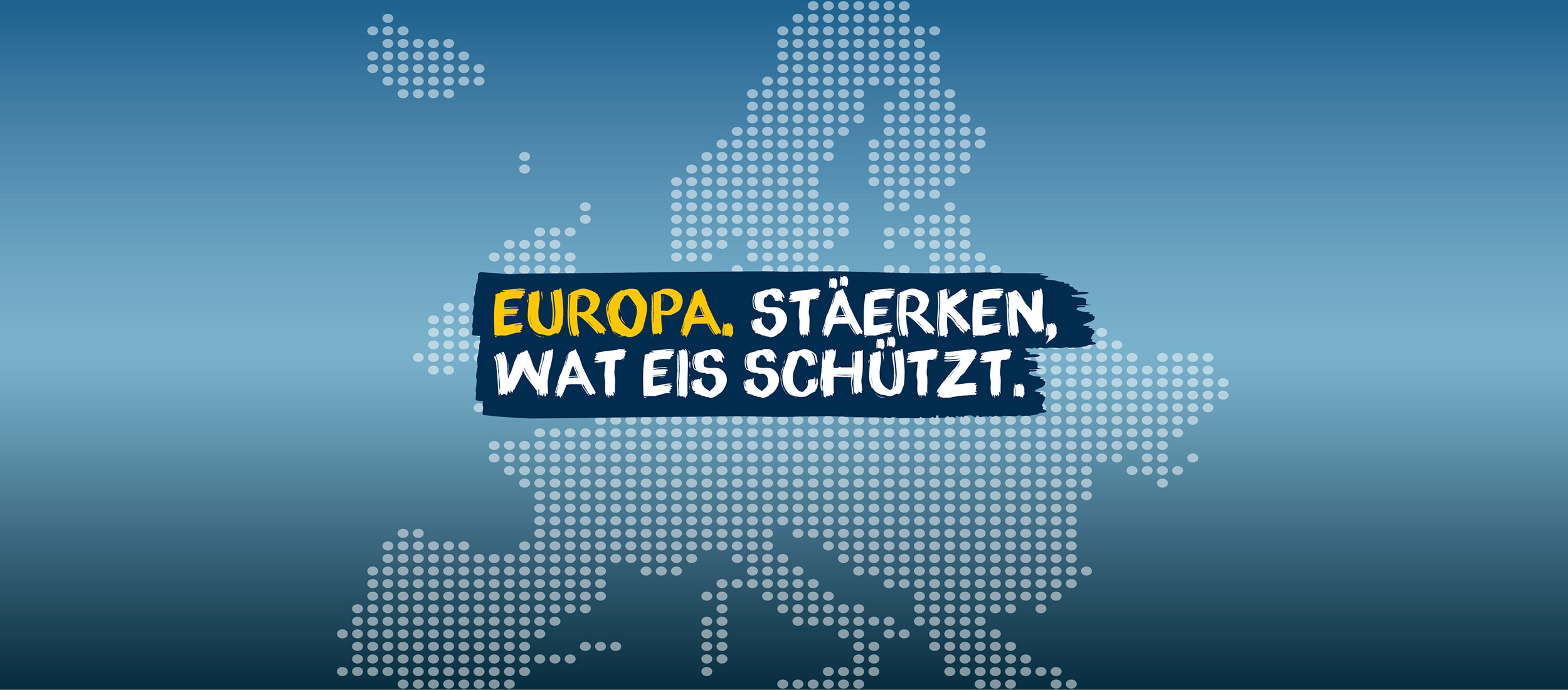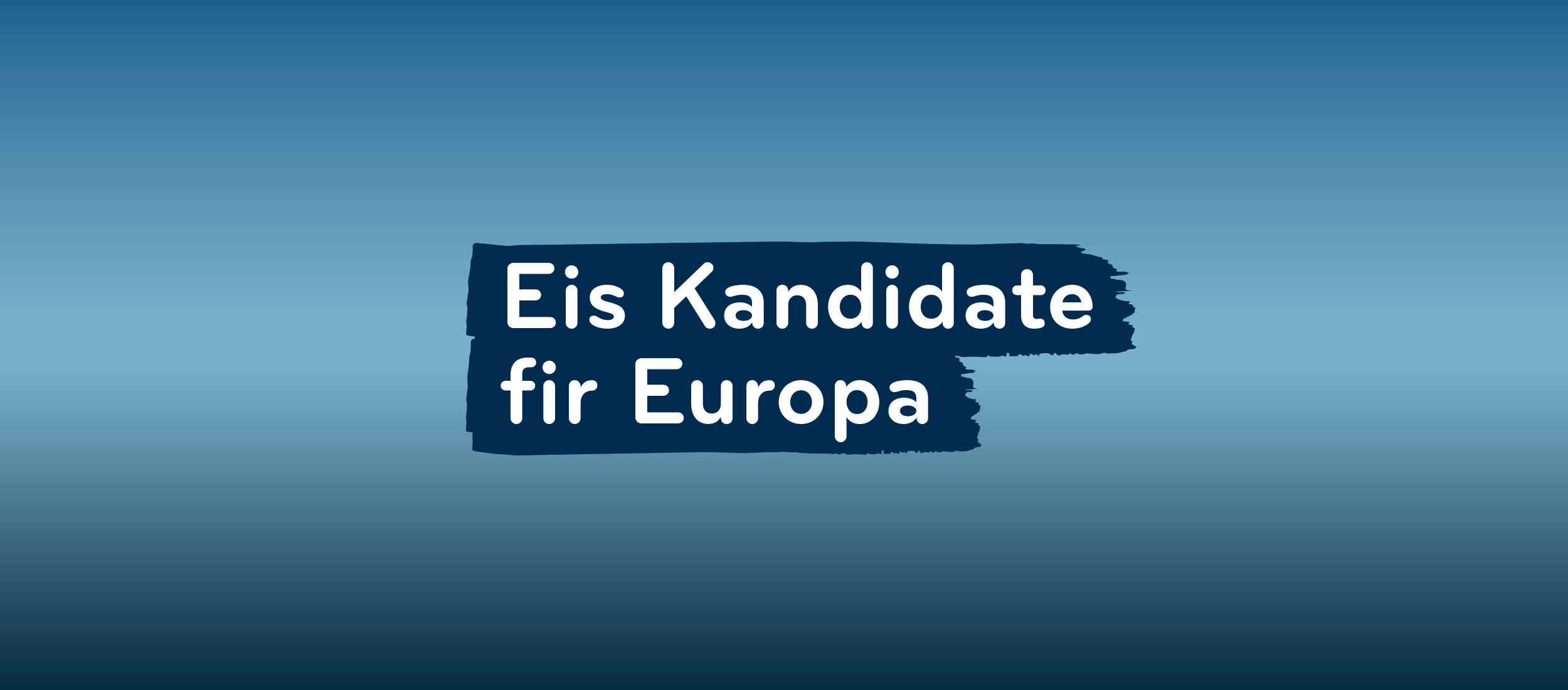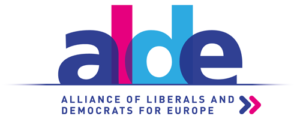It only took 15 days to bring the global economy to the ground. The present crisis, more serious than that of 2008 in terms of its economic impact, will continue to occupy us for many years to come. The statement may seem trivial, but the virus is indeed changing the world. The post-Covid-19 world will not be the same as it was before the pandemic.
And yet the year 2020 is actually off to a good start. Sovereign debt is falling, public spending is under control, the banking crisis is behind us, the euro zone has, in the meantime, equipped itself with rescue mechanisms or at least resources likely to mitigate shocks.
The European Union has just appointed its new leaders for the next five years. Even if it no longer lets people dream, it is still in working order. The biggest worry at the start of the year is the uncertain outcome of negotiations on future relations with the UK, which has just turned its back on the EU.
After nearly 23 semesters of uninterrupted growth, resulting in the creation of more than 13 million jobs, the EU seems to have made a lasting recovery thanks in particular to its internal market and its single currency, which is less contested than during the period which followed the financial crisis of 2008. On the other hand, apart from its performance in the field of exports, the Union’s situation in the world is much less shining. Whether in the Middle East, in Libya, or in the Ukrainian conflict, we do not expect (much) from the European Union. The United States, which still dominates the Atlantic Alliance, the foundation of our security, has become less benevolent to us. In the meantime, the devastating effects of the pandemic present us with an existential challenge.
It is against this backdrop that the 27 Member States must reinvent themselves. Very few sectors remain untouched by an unprecedented economic downturn. Whether businesses are small, medium, or even systemic, they all look to the state for help. This begets a double observation: firstly, most companies which can no longer get by on their own then ask the political authorities to come to their aid, and secondly, the Member states, apart from the so-called frugal ones, have realized that the way out of the crisis has become unthinkable without the massive intervention of the European Union. Once again, it took the exceptionally dramatic nature of a crisis to implore the European Union.
Paradoxically, it was the German Chancellor, whose political end has been heralded many times, who caught the entire political class by surprise. By presenting, with President Macron, a stimulus proposal in the amount of 500 billion, she definitively marked the path for the recovery of our economies. The proposals by Commission President von der Leyen to increase the offer to 750 billion euros are little more than a logical extension of the Franco-German initiative.
Without speculating too much on the details of the recovery plan, the adoption of which still requires the unanimous agreement of the 27 Member states, we can already guess the contours of the post-Covid world. Everything suggests that the essential fight against climate change will not be sacrificed on the altar of economic recovery. Designing the energy transition on a global scale will be crucial if we are to make the zero carbon economy a reality.
In addition, digitization, the usefulness of which during the confinement period is recognized even by the most skeptical, will impose itself at an accelerated pace both in the economic field and in everyday life. Obviously, considerable investment is going to have to be devoted to it.
European sovereignty will be high on the EU’s agenda. It will have to materialize above all in the industrial field. In this regard, the security-hungry citizen is ahead of politics. The time when one or two countries produce drugs for the rest of the planet has passed.
In the future, the EU will also face increasing resistance from citizens in its trade negotiations, if its partners don’t share our environmental and social standards.
Eventually, according to Pascal Saint-Amans, an OECD tax expert, zero tolerance for fraud and even tax evasion will become the norm.
As in the past, this crisis makes us explore innovative ways and discover new opportunities. If we do not do it too badly, in the next six months, the management of the present crisis will allow us to make more progress in European integration than in the last 30 years.








